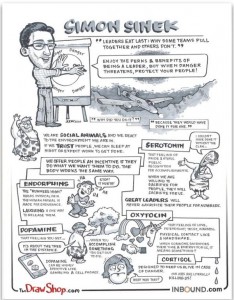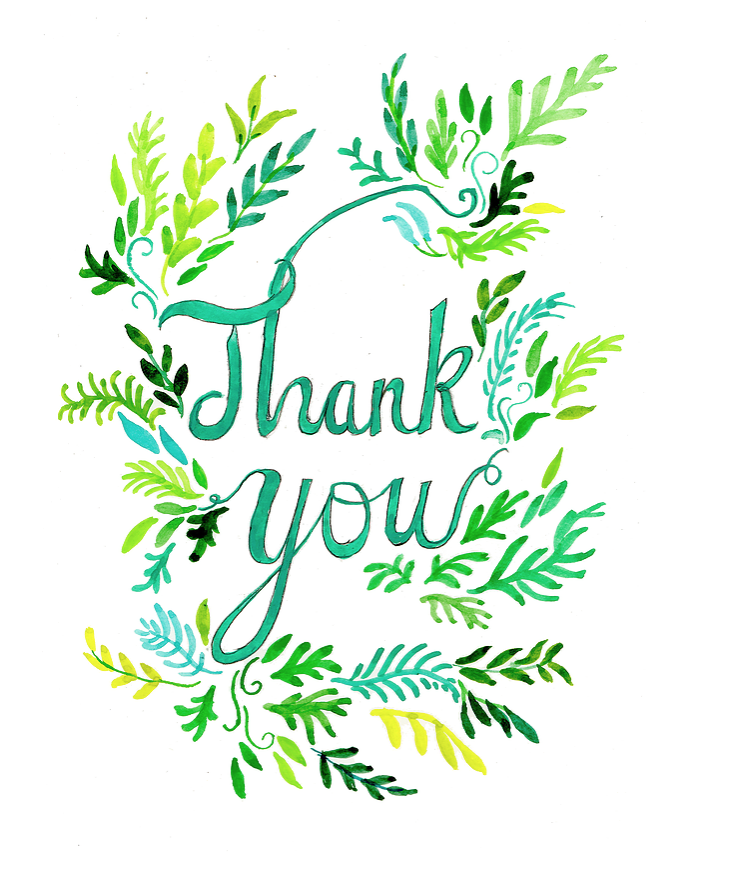
Image from Charrow
At The Community Roundtable, we are fortunate to work with amazing people and companies, helping them make strategic assets out of their community programs. We have always relied on our customer-members to help us prioritize and develop our research, services, and training.
In 2017, we launched our member advisory board composed of clients and partners who are changing the world of work – both internally and in how organizations build relationships with customers. We couldn’t be prouder of the company we keep.
Member advisory board members serve one year at a time, and no more than two years in a row. We partner with our advisory board members to receive feedback and direction on:
- Opportunities in the market
- New product offerings
- Research roadmaps
We want to acknowledge and thank our retiring board members who have served us so well.
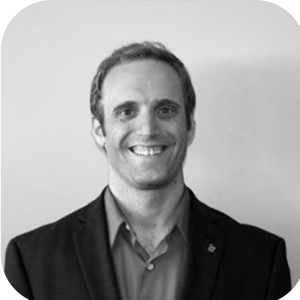 |
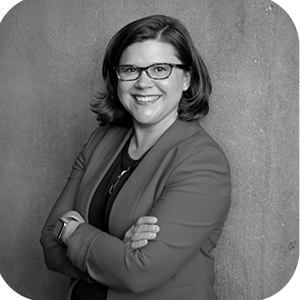 |
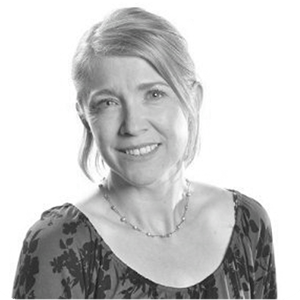 |
 |
|
Customer Community Program Manager, Strategist at ESRI
Served 2017-2018
|
Manager, Modern Workplace, Enterprise Technologies at EY
Served 2017-2018
|
Enterprise Community Manager at Steelcase
Served 2017-2018
|
Senior Manager, Community Engagement at Atlassian
Served 2017-2018
|
These community leaders are doing phenomenal work at their organizations and contributing to the advancement of the community management industry. These are community leaders to watch, follow and learn from – and we encourage you to connect with them!
We’ll be announcing our 2019 member advisory board in the coming weeks and look forward to introducing our returning and new members for the new year.
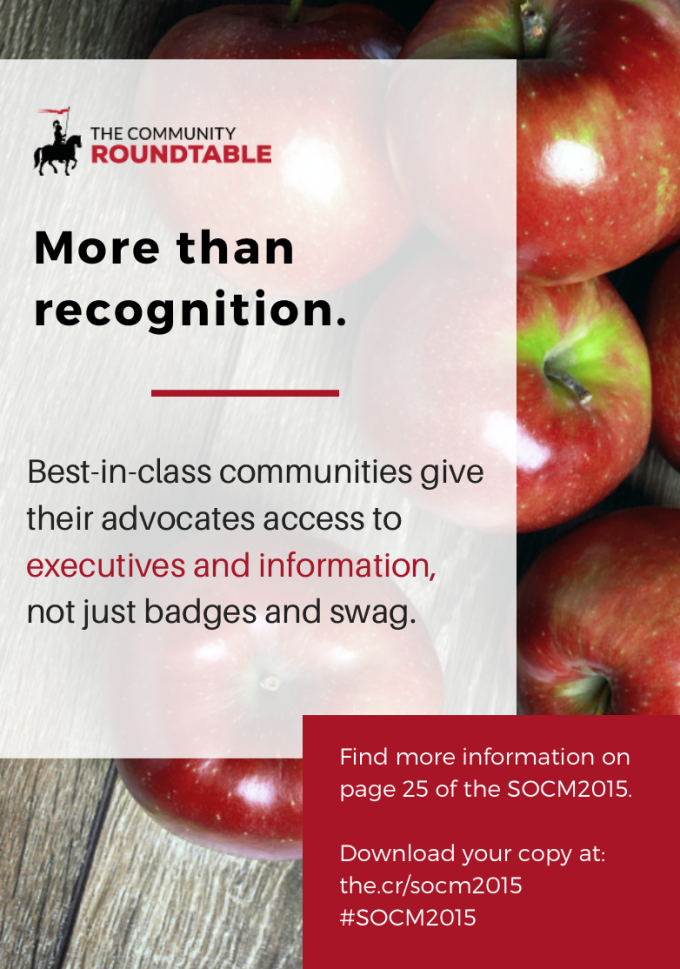
 Here are five reasons why.
Here are five reasons why.